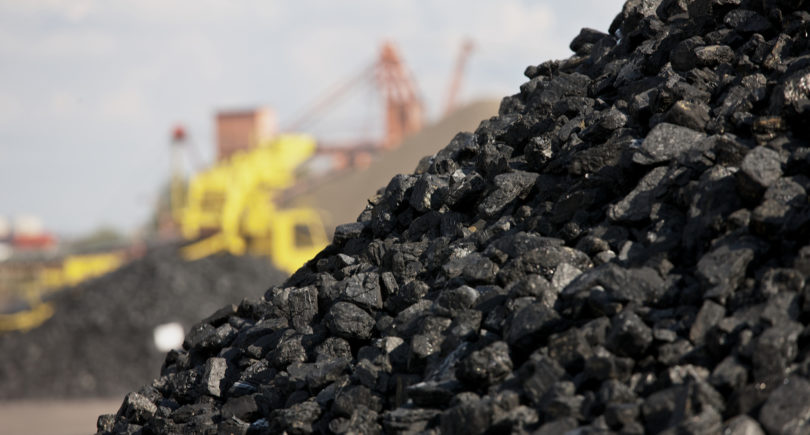
News Global Market CBAM 2250 22 March 2024
The government has proposed seven duty rates – for each individual sector to be covered by the mechanism
The United Kingdom has launched consultations on a proposal to introduce a carbon import tax on certain goods starting in January 2027 to protect its businesses from cheap imports from countries with less stringent climate policies. This is stated in a statement on the British government’s website.
The planned British Carbon Border Adjustment Mechanism (CBAM) will apply to carbon-intensive imports in the ferrous metals (except ferroalloys and scrap), aluminum, fertilizers, hydrogen, ceramics, glass, and cement sectors.
The British government has proposed seven duty rates for each sector, which will be subject to review. The methodology used to set the levies will depend on the amount of carbon emissions in the production of the imported goods and the difference between the CO2 price applied in the country of origin and the price for British producers.
The document published by the British government proposes that the first reporting period should cover 12 months and include imports of goods subject to the CBAM from January 1 to December 31, 2027, and that these reporting periods will become quarterly from 2028.
The consultations will last until June 13 and will involve tax advisors, professional organizations, importers and companies from the UK and other countries.
The country aims to achieve net-zero emissions by 2050, with Britain launching the Emissions Trading System (ETS) in 2021.
As GMK Center reported earlier, there are plans to introduce a tax on the import of carbon-intensive products in Great Britain can affect on the cost of stainless steel supplies to the country, according to the MEPS consulting agency. Many UK industry bodies have reacted positively to national plans to introduce a counterpart to CBAM, recognizing that they protect domestic industry. However, from the experience of national stainless steel traders, this scheme can mean an additional administrative burden and higher import prices due to carbon costs.




